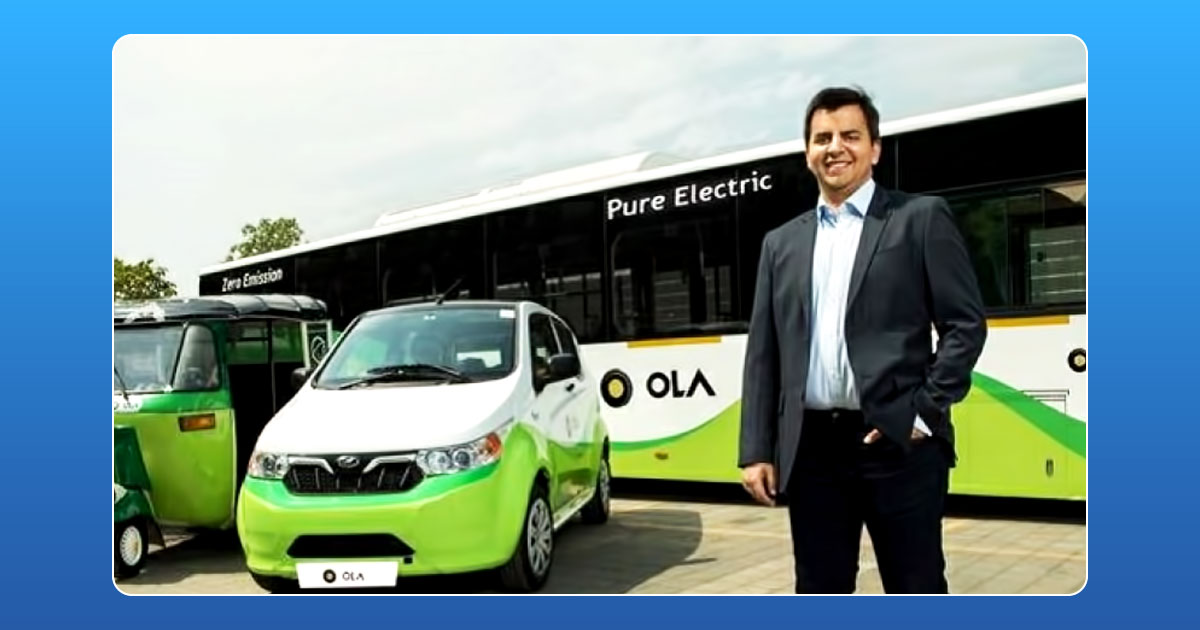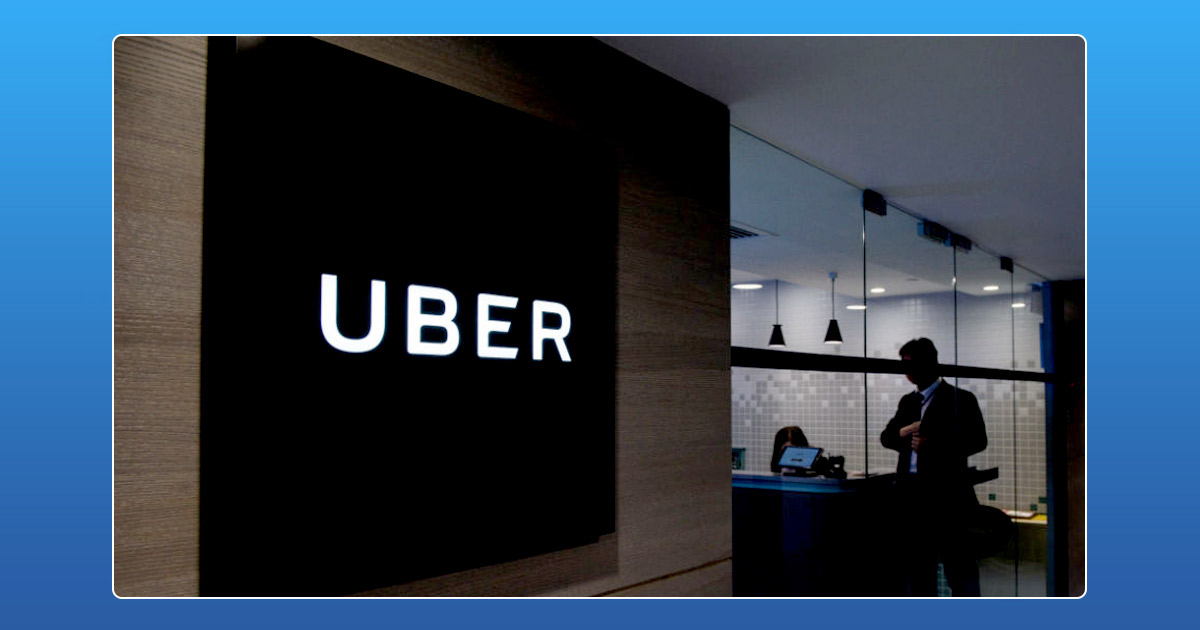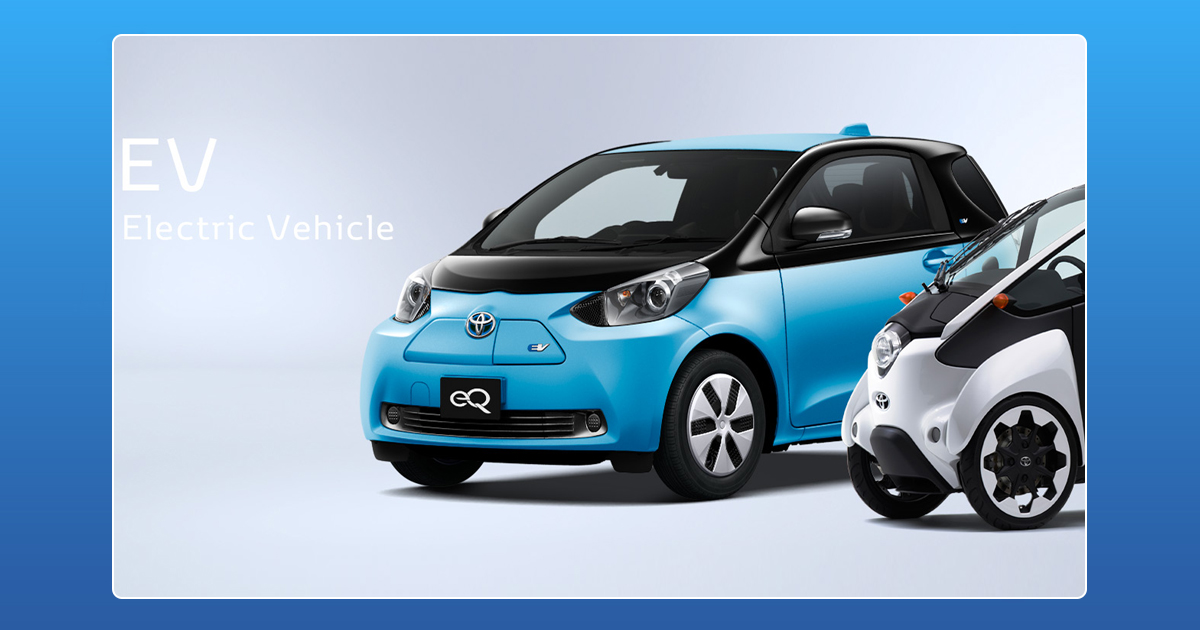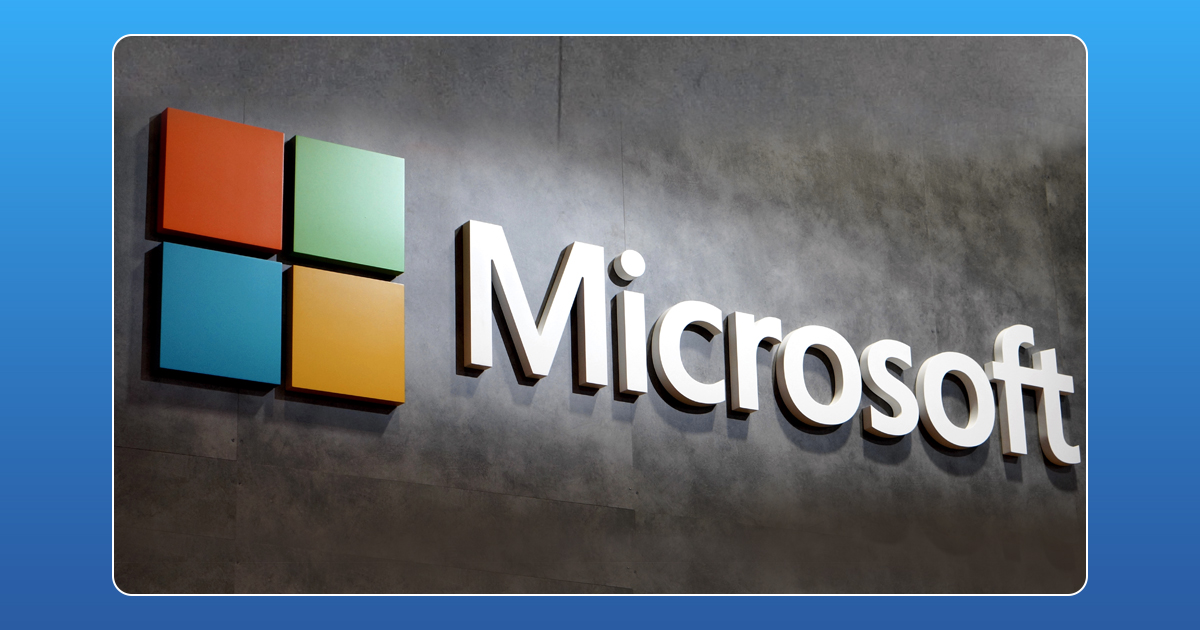Latest News
Ola To Partner With Tata Motors To Launch Electric Vehicles

Ola, India’s biggest cab aggregating startup, is set to launch a fleet of electric vehicles (EV) in collaboration with Tata Motors. The cab hailing startup will launch the electric Tata Nano cabs as a part of its fleet of taxis in Delhi NCR by the end of 2017.
Tata Motors first showcased the EV concept car at the Geneva motor show in 2010 and claimed to have a range of 160 km on one charge. The electric cars, however, will not be made completely by Tata Motors but will be a product of Jayem Automotives and will be called the Jayem Neo. The car will also be available for personal use as well soon.
Tata Motors will be joining companies such as Mahindra, Suzuki, Toyota, Honda and Hyundai working on electric car technology. This move is in line with Prime Minister Narendra Modi’s mission to make India go completely electric by 2030. The deteriorating air quality in the northern parts of the country in recent times prompted automakers to accelerate their plans to introduce electric vehicles in India.
Multiple previous reports suggest Bengaluru based Ola would be deploying a million electric vehicles in the next five years to capture the country’s booming electric vehicles market. Ola’s chief investor Softbank also revealed plans to make Ola an electric car manufacturer in collaboration with global carmaker, Toyota. The company was also a part of the launch of India’s first multi modal electric vehicle project held in Nagpur in May this year. Under this project, 200 electric powered public transport vehicles were supposed to be deployed on Ola’s app platform in Nagpur.
Ola Technologies is also expected to narrow its loss this fiscal year and become profitable during the fiscal year 2018-2019. According to a valuation report by audit firm Jain Ambavat & Associates, Ola could report a net operating profit of over Rs. 1,170 crores which could grow further to Rs. 6,423.33 crores by 2020-2021.
Latest News
D2C Brand Neeman’s Raises $4 Million for Tier 2/3 Store Expansion & Eco-Friendly Shoes

Hyderabad, January 13, 2026 Neeman’s, India’s leading D2C footwear brand famed for sustainable shoes and patented PIXLL® technology, has raised $4 million from existing investors. This funding boosts its cumulative capital past $10 million since 2015, with a post-money valuation nearing $50 million. CEO Vijay Chahoria emphasized offline retail as the “next frontier,” planning 50+ new stores in Tier 2/3 cities like Jaipur and Lucknow to blend eco-friendly innovation with hands-on customer experiences.
In India’s booming D2C ecosystem where footwear sales hit ₹1.2 lakh crore in 2025 Neeman’s targets hybrid retail amid high online CAC and 25-30% returns. Backed by vegan, machine-washable shoes priced ₹2,000-4,000, the brand leverages PIXLL® (5x more breathable than leather) for carbon-neutral comfort. Recent 5x revenue growth to ₹100 crore ARR, 1M+ pairs sold via Myntra and stores, and awards at India D2C Summit 2025 position it ahead of rivals like Paaduks.
Neeman’s offline expansion India eyes the $15B sustainable footwear market by 2028, fueled by PLI schemes, Gen Z’s 70% eco-preference (Nielsen), and Southeast Asia exports. Challenges like real estate costs are offset by data-driven inventory and omnichannel QR tech. Watch for Q1 2026 launches in Hyderabad and Bengaluru redefining D2C success through authentic, “Wear the Change” branding.
Latest News
Centre Mulls Revoking X’s Safe Harbour Over Grok Misuse

The Centre is weighing the option of revoking X’s safe harbour status in India after its AI chatbot Grok was allegedly misused to generate and circulate obscene and sexually explicit content, including material seemingly involving minors. The IT Ministry has already issued a notice to X, directing the platform to remove unlawful content, fix Grok’s safeguards, act against violators, and submit a detailed compliance report within a tight deadline. If the government finds X’s response inadequate, it could argue that the platform has failed to meet due‑diligence standards under Indian law, opening the door to harsher action.
Under Section 79 of the IT Act, safe harbour protects intermediaries like X from being held directly liable for user‑generated content, provided they follow due‑diligence rules and promptly act on legal takedown orders. Revoking this protection would mean X and its officers could be exposed to criminal and civil liability for obscene, unlawful, or harmful content that remains on the platform, including AI‑generated images from Grok. This prospect significantly raises X’s compliance risk in India and could force tighter moderation, stricter AI controls, and more aggressive removal of flagged posts.
The Grok episode also spotlights the regulatory grey zone around generative AI, where tools can create harmful content at scale even without traditional user uploads. Policymakers are increasingly questioning whether AI outputs should still enjoy the same intermediary protections as conventional user posts, especially when they involve women and children. How the government ultimately proceeds against X over Grok misuse could set a precedent for AI accountability, platform responsibility, and safe harbour interpretation in India’s fast‑evolving digital ecosystem.
Latest News
How Pronto Is Redefining 10-Minute Home Services in India with a $25 Million Fundraise

Home services startup Pronto is in advanced talks to raise about $25 million at a near-$100 million valuation, underscoring strong investor confidence in India’s fast-growing 10-minute home services market. This potential round would be the company’s third major funding milestone after its $2 million seed and $11 million Series A in 2025, backed by marquee investors such as General Catalyst, Glade Brook Capital, Bain Capital and new participant Epiq Capital. The fresh capital is expected to further strengthen Pronto’s positioning as a leading tech-led household help platform for urban consumers.
Pronto operates a 10-minute on-demand home-services platform that connects users with trained, background-verified workers for everyday tasks like sweeping, mopping, utensil cleaning, laundry and basic cooking. Using a hub-and-spoke, shift-based model, the startup stations workers at hyperlocal hubs, enabling sub-10-minute fulfilment and more predictable earnings compared to the informal domestic-help market. Founded in 2024 by Anjali Sardana and based in Delhi NCR, Pronto has already expanded from Gurugram into major cities such as New Delhi, Mumbai, Bengaluru and Pune, and is handling around 6,000 daily bookings with nearly 1,300 active professionals as of December 2025.
The upcoming $25 million fundraise is expected to be used to enter more metros, deepen presence in existing neighbourhoods with additional hubs and upgrade Pronto’s technology for smarter routing, shift planning and real-time operations. A significant portion of the capital will also go into training, retention and benefits for its workforce to maintain consistent service quality at scale, especially as competition heats up from rivals like Snabbit and Urban Company in the rapid home services space. This near-$100 million valuation not only validates Pronto’s model but also highlights a broader shift toward organised, tech-driven domestic-help solutions in India’s largely informal home-services market.











ofuq5
June 7, 2025 at 2:44 pm
can i buy generic clomiphene pill generic clomiphene where can i buy clomiphene no prescription can i purchase cheap clomiphene without a prescription get generic clomid without rx can i get clomid without a prescription where can i get clomid no prescription
MM88
November 6, 2025 at 10:27 am
Với giao diện mượt mà và ưu đãi hấp dẫn, MM88 là lựa chọn lý tưởng cho các tín đồ giải trí trực tuyến.
MM88
November 6, 2025 at 4:37 pm
Khám phá thế giới giải trí trực tuyến đỉnh cao tại MM88, nơi mang đến những trải nghiệm cá cược thể thao và casino sống động.
谷歌站群
November 7, 2025 at 7:47 am
专业构建与管理谷歌站群网络,助力品牌实现全域流量的强势增长。谷歌站群
站群程序
November 8, 2025 at 7:42 pm
搭载智能站群程序,自动化搭建与管理,为SEO项目提供核心驱动力。站群程序
站群程序
November 11, 2025 at 2:35 pm
搭载智能站群程序,自动化搭建与管理,为SEO项目提供核心驱动力。站群程序
Kuwin
November 20, 2025 at 1:39 am
kuwin sở hữu kho game đa dạng từ slot đến trò chơi bài đổi thưởng, mang đến cho bạn những giây phút giải trí tuyệt vời.
J88
November 20, 2025 at 9:28 am
Đến với J88, bạn sẽ được trải nghiệm dịch vụ cá cược chuyên nghiệp cùng hàng ngàn sự kiện khuyến mãi độc quyền.
GO88
November 21, 2025 at 1:10 am
Tham gia cộng đồng game thủ tại Go88 để trải nghiệm các trò chơi bài, poker phổ biến nhất hiện nay.